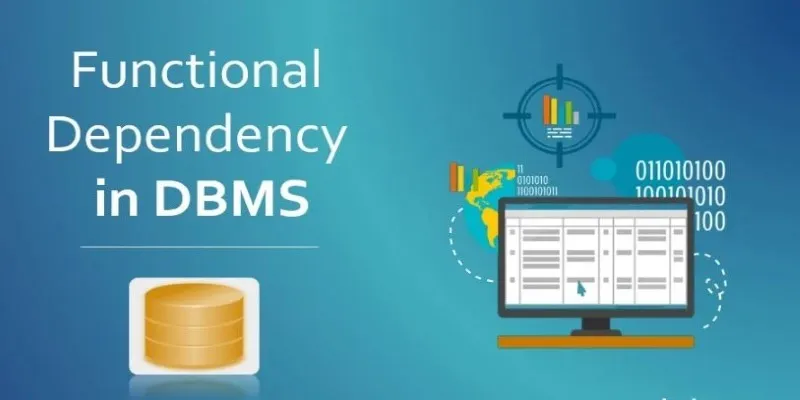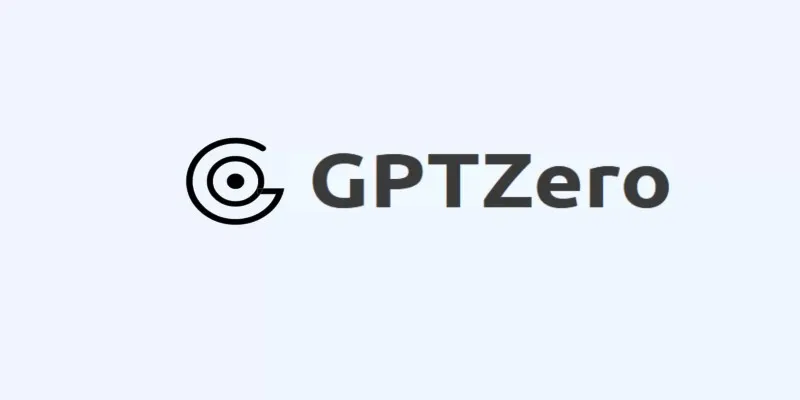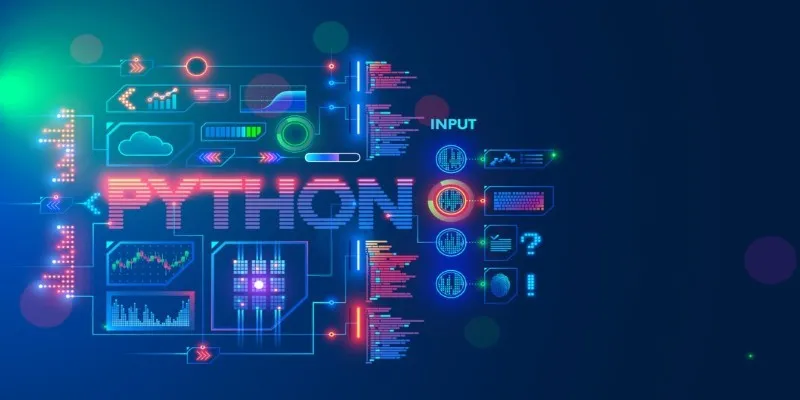In today’s crowded digital marketplace, AI SaaS businesses must prioritize content marketing to stand out. Potential clients seek clarity and value amidst a daily influx of new platforms. This is where a robust content marketing strategy for AI SaaS becomes crucial. A well-crafted strategy not only guides you through the sales process but also educates potential clients about your technology.
Creating educational materials that demonstrate how your service solves problems helps AI businesses build trust. This article will guide you in developing an AI SaaS content marketing plan that engages, informs, and converts your audience into loyal users. Whether you’re a rapidly scaling company or a startup, these strategies will help your content work smarter.

Why AI SaaS Needs Specialized Content Marketing
Artificial intelligence SaaS differs significantly from traditional software, often being misunderstood or seen as complex by audiences. Therefore, educational content is crucial for AI firms. Your content should bridge the knowledge gap between potential clients and your technology. Many companies eager for AI solutions lack a comprehensive understanding of how AI works or how it can benefit them. By simplifying complex topics, you can increase audience engagement and establish your authority in the field.
Break down technical concepts into simple language using educational materials. Case studies, instructional videos, and whitepapers can be invaluable. Presenting practical applications helps make abstract AI concepts more tangible. Additionally, align your content marketing strategy with the buyer’s journey. Early-stage prospects need educational content, while decision-stage buyers seek comparisons, demos, and pricing information. Providing the right content at the right time boosts conversions.
Understanding Your Audience: The Key to Effective AI SaaS Content
Understanding your audience is essential before creating content. AI SaaS solutions often target various personas, such as IT leaders, corporate managers, and end users. Each persona faces different challenges and has specific questions. Technical audiences may desire detailed information about your AI architecture, while non-technical decision-makers focus on ROI and practical outcomes. Your content marketing plan should cater to both types.
Develop audience personas to deliver relevant, valuable content. Conduct surveys with current clients or analyze CRM data to identify common problems or questions. Keyword research helps you understand what your audience searches for online. Once you have a clear understanding of your audience’s needs, create tailored content for each stage of the funnel. While detailed product guides and ROI calculators help close sales, educational blog posts can attract top-of-funnel traffic. Directly addressing your readers increases the likelihood of conversion.
Content Formats that Work Best for AI SaaS Companies
Not all content formats are equally effective for AI software developers. AI is a complex and evolving field, requiring flexible content formats that both inform and engage. Blog posts are excellent for enhancing search visibility and addressing common questions. Use them to discuss industry trends, highlight use cases, and explain key concepts. Infographics can effectively demonstrate processes or simplify technical details visually.
Video content is particularly powerful for AI SaaS. Explainer videos can break down the value of your product in minutes. Demonstration videos allow prospects to see your software in action. Short clips showcasing customer success stories help build credibility. E-books and whitepapers offer in-depth exploration of technical topics, appealing to those who want to learn before purchasing. Case studies and success stories demonstrate real-world impact, instilling confidence in potential buyers. Podcasts and webinars hold great value for technical audiences, allowing you to showcase expertise and address questions in real-time. By combining various formats, your AI SaaS content marketing plan can appeal to diverse learning styles and preferences.

SEO Best Practices for AI SaaS Content Marketing
While valuable content is essential, it won’t yield results without proper SEO. AI SaaS companies should focus on both on-page and off-page SEO to boost visibility. Start with keyword research using tools like Ahrefs or Semrush to find terms related to your product and industry. Target both transactional and informational keywords in your content. For awareness, phrases like “AI SaaS benefits” work well; for conversion-oriented content, consider terms like “best AI automation tools.”
Optimize every piece of content with on-page SEO best practices. Use primary and secondary keywords in headings, subheads, meta descriptions, and image alt text. Ensure your content is mobile-friendly, scannable, and easy to read. Internal linking is crucial for increasing time spent on your site and guiding users through your material. For off-page SEO, invest in guest blogging, influencer partnerships, and digital PR to acquire high-quality backlinks. Regularly update your educational materials to ensure they remain current, as search engines favor fresh, accurate content, especially in fast-evolving fields like AI.
Measuring the Success of Your AI SaaS Content Marketing
Creating content isn’t enough; you must also measure its performance. Clearly define your content marketing objectives, whether they focus on consumer education, lead generation, or organic traffic growth. Use tools like HubSpot, Google Search Console, and Google Analytics to track key metrics. Monitor organic traffic, bounce rates, and conversion rates to assess content performance. Low time-on-page suggests that content may not be engaging, while high bounce rates may indicate irrelevance to searchers.
Analyze how content contributes to the buyer’s journey using attribution reporting to identify which pieces influence conversions. If certain blog posts consistently generate demo requests, they are valuable assets. Use feedback forms and surveys to gather insights from visitors about whether your content meets their needs or if they would like additional topics covered. Over time, this feedback loop will refine your content marketing strategy for AI SaaS.
Conclusion
Content marketing is crucial for AI SaaS companies aiming to educate, engage, and convert their audience. Creating educational materials helps establish credibility and trust while guiding prospects towards your product. A strategic AI SaaS content marketing plan ensures that the right content reaches the right audience at the right time. With clear messaging, effective SEO, and diverse content formats, your material can boost visibility and drive sales. As AI continues to evolve, so should your content. Stay informed, track trends, and refine your strategy to remain competitive in the ever-changing AI SaaS industry.
 zfn9
zfn9























